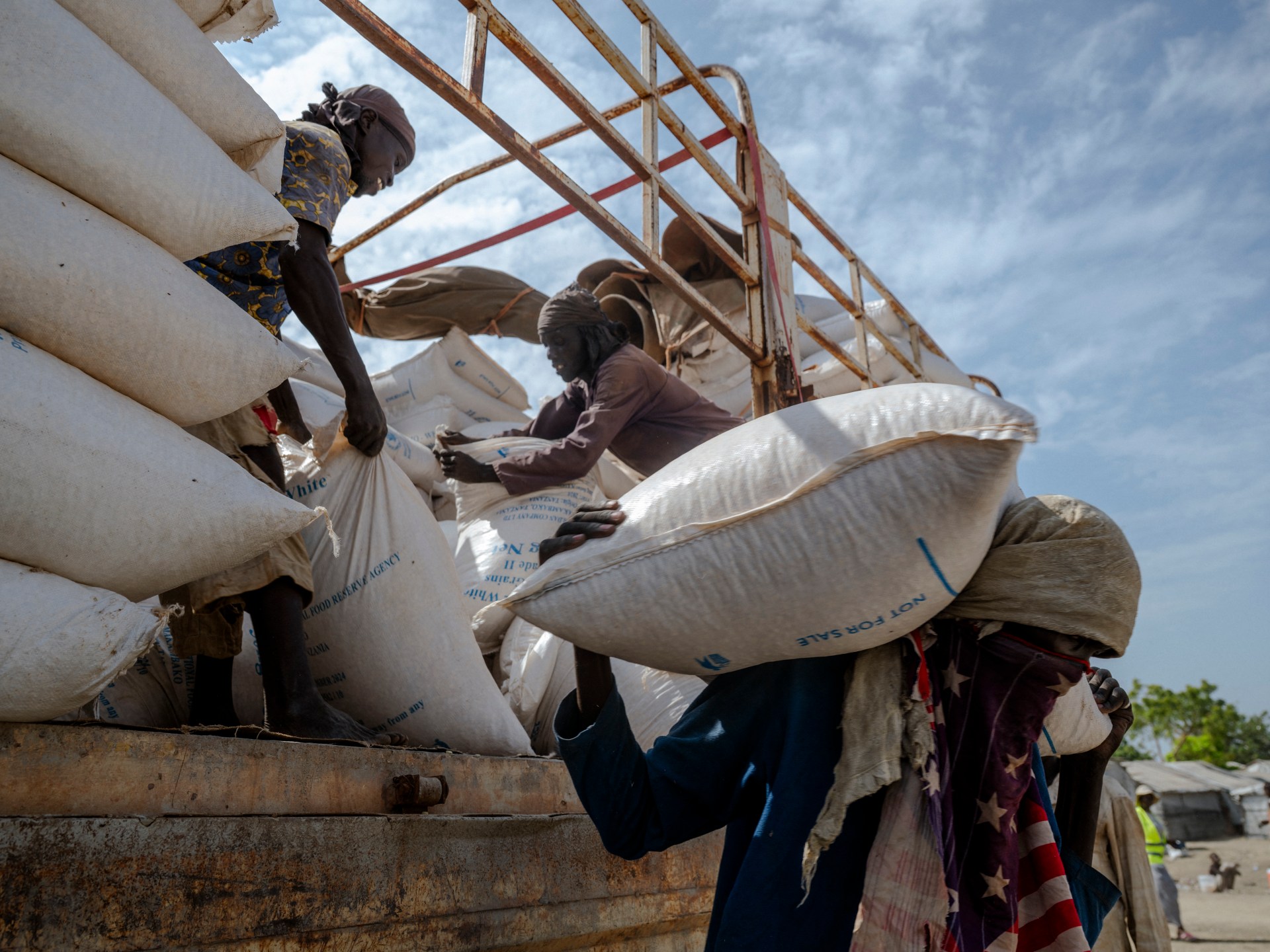Published On 18 Nov 2025
More than 300 million people will be affected by acute food insecurity in the next year, according to the World Food Programme (WFP).
In its 2026 Global Outlook report, the organization stated that “food insecurity is expected to continue to be alarming levels.”
Recommended Stories
list of 3 itemsend of list
An estimated 318 million people will be affected by acute food insecurity in 2026, according to the UN agency, which is equivalent to a “crisis” level or worse and is more than twice the number in 2019.
Around 41 million of them are reportedly in the “emergency” phase or worse, which is the equivalent of an IPC 4 or higher classification on a widely accepted hunger monitoring system.
The WFP anticipates supplying about 110 million people with food by 2026, leaving a large portion of the world’s population in need of food assistance.
The organization stated that it anticipates spending $13 billion on operational expenses by 2026, with the majority of it going toward costs relating to crises and other expenses, such as addressing root causes and boosting resilience.
The WFP may only receive about half of that amount, according to current forecasts.
“In Gaza and some of Sudan, the world is grappling with simultaneous famines. In a statement, WFP Executive Director Cindy McCain said, “This is completely unacceptable in the 21st century.”
“Hunger is getting more and more established. We are aware that early, safe solutions can save lives, but we desperately need more assistance.
In August, months after the Israeli military imposed a month-long total blockade on Gaza, the IPC declared famine in the city and its surrounding areas. Israel’s continued restrictions on supplies of food, fuel, water, and medicines are causing a severe hunger crisis in Palestinian territory.
El-Fasher and Kadugli, Sudan’s battlegrounds between the paramilitary Rapid Support Forces and the Sudanese army, which are at risk of falling into famine, were confirmed earlier this month.
Families arriving at this camp near El Fasher are exhausted and hungry.
According to @FaithAwino3, WFP is rushing to provide over half a million people with emergency food and nutrition assistance and expanding assistance to the surrounding areas. pic. twitter.com/cX4iqGUFhh
Other worrying hotspots include Afghanistan, Yemen, Syria, South Sudan, East Africa’s Sahel region, the Democratic Republic of Congo, Haiti, and Nigeria.
More than two-thirds of all acute food insecurity is brought on by conflict, which continues to be the main cause of hunger on earth.
According to the WFP, the situation is further exacerbated by climate shocks, economic instability, and food and energy price inflation.
Despite the agency’s claim last month that funding for the next year would be 40% less,
Source: Aljazeera

Leave a Reply